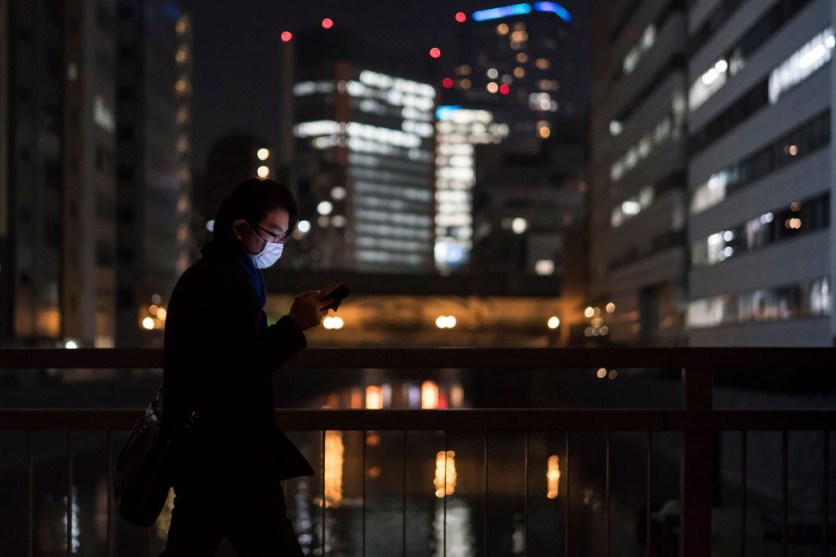Apple's Night Shift, contrary to popular belief, does not contribute to getting a better night's sleep, Brigham Young University's study claimed.
In an attempt to sleep better at night, people avoid blue light, as it is common knowledge that it ruins people's sleeping patterns. With that in mind, Apple launched Night Shift on iOS in 2016.

Furthermore, Apple said in a statement during the release of the iOS new feature: "Many studies have shown that exposure to bright blue light in the evening can affect your circadian rhythms and make it harder to fall asleep."
In 2017, Apple brought the sleepy feature to macOS, bearing the same statement when it launched on iOS. Android and Windows also followed through and now have the feature too.
Apple's Night Shift and Better Sleep
However, a BYU study, published in Sleep Health, shuts down the notion for the Apple feature. It suggests that Night Shift does nothing to our sleep.
It only goes to show, therefore, that our sleep pattern is more complicated than it may seem. A simple toggle from a smartphone does not overtly improve it in a blink of an eye.
The study compared sleeping outcomes of three groups to test the theory that links sleep and Night Shift.
Specifically, the first group composed of individuals who used their phones with the Night Shift enabled before going to bed. Secondly, a group of people who used phones without the said feature before dozing off. And lastly, those who did not use phones at all before sleeping.
As the study concluded, surprisingly, there was no difference between the three groups.
The participants are 167 emerging adults ages 18 to 24 who are frequent users of smartphones.
The study monitored the sleeping activity of participants for a week through an accelerometer on their wrists. In particular, the study gathered information in terms of total sleep quality, sleep duration, wake after sleep onset, and the time it took to fall asleep.
And, interestingly, in all these sleep outcomes, the three groups performed similarly.
The researchers are more surprised that the group that was smartphone-less did not perform reasonably better.
Sleep Deprivation and Apple's Night Shift
As such, the researchers performed another test with the three groups involved split into two -- individuals with seven hours of sleep and, the other, with only six hours.
For the seven-hour team, the group who slept better among the rest was the smartphones-less. Those with Night Shift enabled or not performed similarly.
On the other hand, all involved in the six-hour team slept similarly. Which only means that sleep deprivation will let you doze off immediately, regardless of what you do beforehand.
This article is owned by TechTimes
Written by Teejay Boris
ⓒ 2026 TECHTIMES.com All rights reserved. Do not reproduce without permission.




